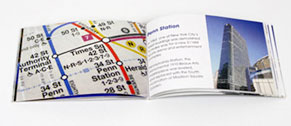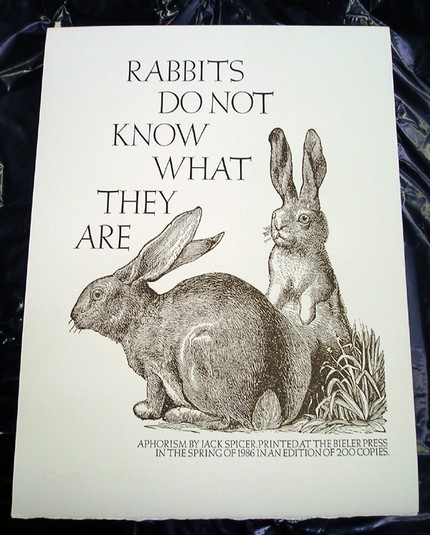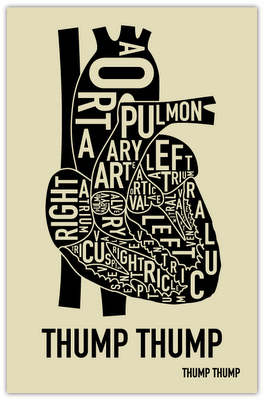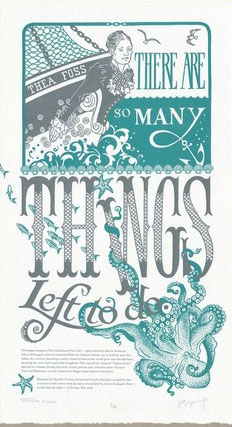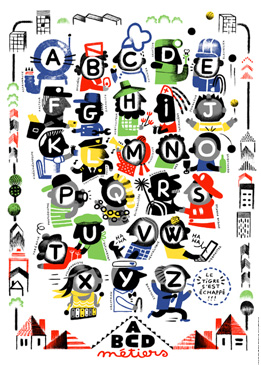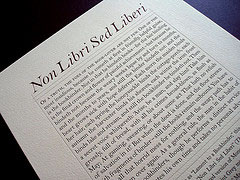 Gerald Lange, of The Beieler Press, printed this broadside with an excerpt from Kenneth Grahame’s essay from 1898 (Grahame also wrote The Wind in the Willows). This particular paragraph is often referred to as the “Lament to a Bookbinder.” Lange used a digital version of Monotype Bell that he altered to work with letterpress printing. I suppose in keeping with the time that the essay was written, it’s printed on a paper called Somerset Velvet Newsprint Grey. The lament is below, you can read about Graham, or the entire essay is here |
Of a truth, the foes of the book-lover are not few. One of the most insidious, because he cometh at first in friendly, helpful guise, is the bookbinder. Not in that he bindeth books — for the fair binding is the final crown and flower of painful achievement — but because he bindeth not: because the weary weeks lapse by and turn to months, and the months to years, and still the binder bindeth not: and the heart grows sick with hope deferred. Each morn the maiden binds her hair, each spring the honeysuckle binds the cottage-porch, each autumn the harvester binds his sheaves, each winter the iron frost binds lake and stream, and still the bookbinder he bindeth not. Then a secret voice whispereth: “Arise, be a man, and slay him! Take him grossly, full of bread, with all his crimes broad-blown, as flush as May; At gaming, swearing, or about some act That hath no relish of salvation in it!” But when the deed is done, and the floor strewn with fragments of binder — still the books remain unbound. You have made all that horrid mess for nothing, and the weary path has to be trodden over again. As a general rule, the man in the habit of murdering bookbinders, though he performs a distinct service to society, only wastes his own time and takes no personal advantage.

